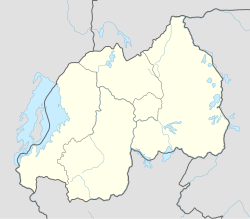| Tournament details | |
|---|---|
| Host country | Kigali, Rawanda |
| Dates | 19–27 July 2018 |
| Teams | 5 |
| Final positions | |
| Champions | |
| Runners-up | |
| Tournament statistics | |
| Top scorer(s) | |
| Best player(s) | |
← 2016 2019 → | |
The 2018 CECAFA Women's Championship was the third edition of the association football tournament for women's national teams in the East African region. It was held in Kigali, Rwanda between 19 and 27 July 2018. [1] [2]
Contents
The defending champions Tanzania won the competition for the second time after defeating Ethiopia 4–1 in their final match on 27 July 2018. [3]

